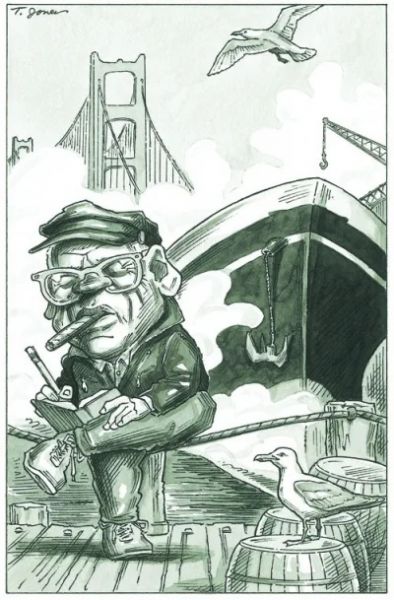A Dissident's Dictionary: True Believer 2
Second question: how important is freedom to a nation? Hoffer's analysis in True Believer stunned me.
He lists his points as axioms:
26: Freedom aggravates at least as much as it alleviates frustration. Freedom of choice places the
whole blame of failure on the shoulders of the individual. . . .
Unless a man has the talents to make something of himself, freedom is an irksome burden. . . .
We join a mass movement to escape individual responsibility, or in the words of one ardent,
young Nazi, "to be free from fredom."
28: Those who see their lives as spoiled crave equality and fraternity more than they do freedom.
Those who clamor loudest for freedom are often the ones least likely to be happy in a free
society. . . . They want to eliminate free competition and the ruthless testing to which the
individual is continually subjected in a free society.
29: Where freedom is real, equality is the passion of the masses. Where equality is real,
freedom is the passion of a small minority.
33: The Western colonizing powers offer the native the gift of individual freedom. They try to
teach him self-reliance. What it amounts to is individual isolation. It means the cutting off of an
immature and poorly furnished individual from the corporate whole and releasing him, in the
words of Khomiakov "to the freedom of his own impotence."

